|
Anxiety is "an emotion characterized by feelings of tension, worried thoughts and physical changes like increased blood pressure."
- American Pyschological Association definition (source)
Anxiety is a normal and often healthy emotion. However, when a person regularly feels disproportionate levels of anxiety, it might become a medical disorder.
Anxiety disorders form a category of mental health diagnoses that lead to excessive nervousness, fear, apprehension, and worry Anxiety disorders affect 40 million people in the United States. It is the most common group of mental illnesses in the country. However, only 36.9 percent of people with an anxiety disorder receive treatment. from Medical News Today (source) Talking with my medical care provider to come to a solution, and to keep adjusting my treatment as life takes its course, has made an enormous difference in my day-to-day life. If you are struggling with anxiety, I encourage you to speak with your medical provider about it. With doctor visits getting shorter and shorter, I recommend preparing beforehand with a list of questions and answers and being sure to initiate the conversation. This article has information on what to expect when you go to the doctor to discuss your anxiety, and ways you can prepare beforehand.
Before we get started I wanted to make another point. Anxiety looks different for different people (and often is not visible at all). Talking about mental health is important to remove stigma and break down barriers, but realize that if you do find someone else with anxiety, their symptoms and treatment options may not be the same as yours. This article outlines the varied signs and symptoms of anxiety - take a look.
Now, let's talk about some lifestyle changes you can make to manage your anxiety (with and without other treatments). Lifestyle plays a large role in our physical health and wellbeing as well as our mental and emotional state. bonus tip! allergies and asthma
Seasonal and year-round allergies may contribute to anxiety, as well as make it difficult to treat. Setting up a system to manage your medications, wellness, as well as keeping your home clean (whether that means hiring someone or making yourself a to do list!) is important. One of the easiest things you can do that has the biggest impact is to maintain your indoor filtration system (HVAC) and keep track of how often you need to replace your filters. Learn more about easily maintaining your HVAC system.
eating a balanced diet
The food we eat plays many roles in our life as it relates to anxiety.
Being over- or underweight, or having poor body image issues, can all contribute to anxiety. Feeling uncomfortable in your own skin is no way to live. You'll find online articles focused on specific nutrients in foods and their role in maintaining neurotransmitter levels or mood elevators. Isolating functional components from food in experiments is different than when we consume them in the whole food itself, with other foods, and with our own body chemistry. Instead, let's focus on eating as a social activity and as something we must do to maintain a healthy body.
stress and moving
Whether you're moving a tiny studio apartment or a five-bedroom house with kids and pets, moving is stressful. Looking for a new place, selling your old place, packing, unpacking - all of these are stressful things that take time and effort on top of your day-to-day responsibilities. Not to mention changing your address, hiring movers (deciding if you can afford to hire movers...) - it can be a lot. The experts over at MyMove.com have a fantastic article about how to manage the stress of moving, particularly if you have pre-existing generalized anxiety. Be sure to check out their article for helpful tips.
Moving with kids can be even more stressful - not just on moving day, but in terms of adapting to a new location and worrying about your children. Moving Company Reviews wrote a great blog post on how to reduce stress both for you and your kids when you're moving. cut back on alcohol
Ending a stressful day with happy hour is a habit many of us have. Spending time with friends and relaxing with a drink makes sense. But if you find that your drinks are adding up, or that you're drinking at home just to relax, you may want to take a step back and examine the role it plays in your life.
Too much alcohol leaves our bodies feeling weary, if not awful, which does not help with anxiety. If you find yourself unable to function without alcohol, it may be time to check in to a women's or men’s sober living facility. Any amount of alcohol disrupts our normal sleep cycle (even if you feel like it helps you fall asleep). Check out my last blog post on stress - it has tips for falling asleep.
If you or someone you know is struggling with ativan misuse, check out this resource from the website, Addiction Rehab Treatment.
limit your caffeine
If you're not sleeping well or eating well, you likely feel tired, perhaps even foggy.
Loading up on caffeine can leave you jittery and more tired, as many people build up a tolerance. If your anxiety is affecting your heart rate and blood pressure, caffeine also won't do the trick. Swap your coffee for water or herbal tea if you like to have something to sip on. If plain water isn't your "cup of tea" (see what I did there?) try adding lemon, cucumber, lime, or other foods to provide flavor.
1 Comment
2/5/2020 01:33:18 am
Very nice article. Here we can know how life style can impact on anxiety.
Reply
Your comment will be posted after it is approved.
Leave a Reply. |
popular postsLike what you read?
categories
All
archives
July 2024
This website uses marketing and tracking technologies. Opting out of this will opt you out of all cookies, except for those needed to run the website. Note that some products may not work as well without tracking cookies. Opt Out of Cookies |
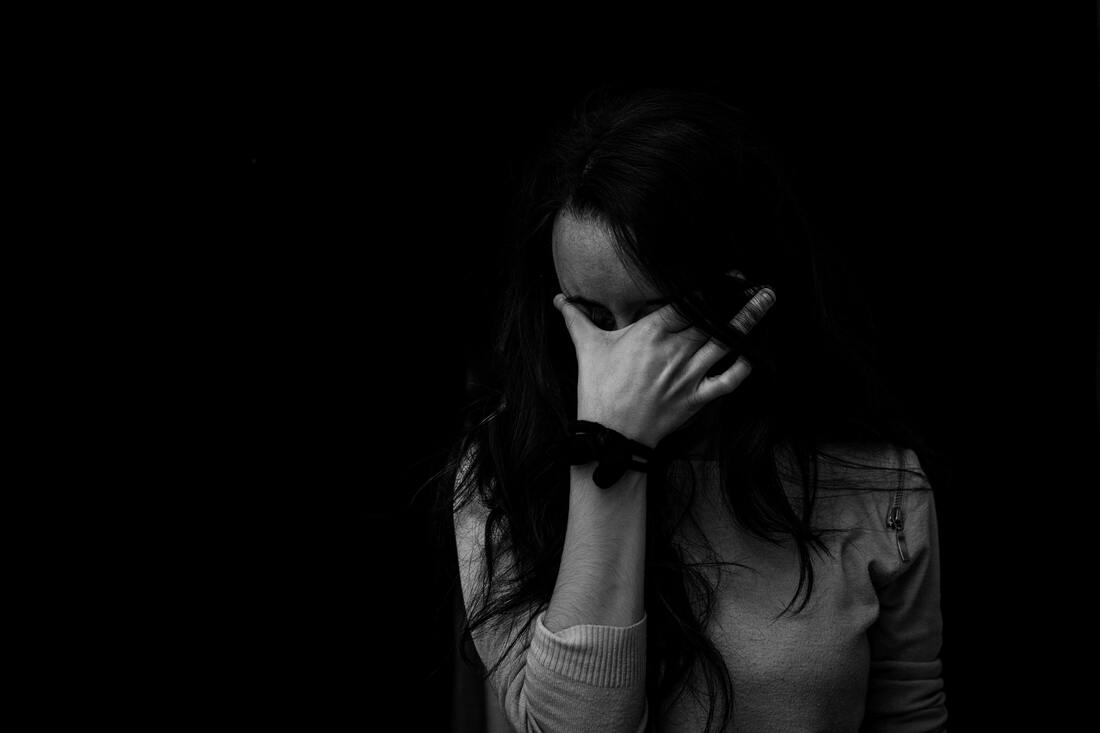

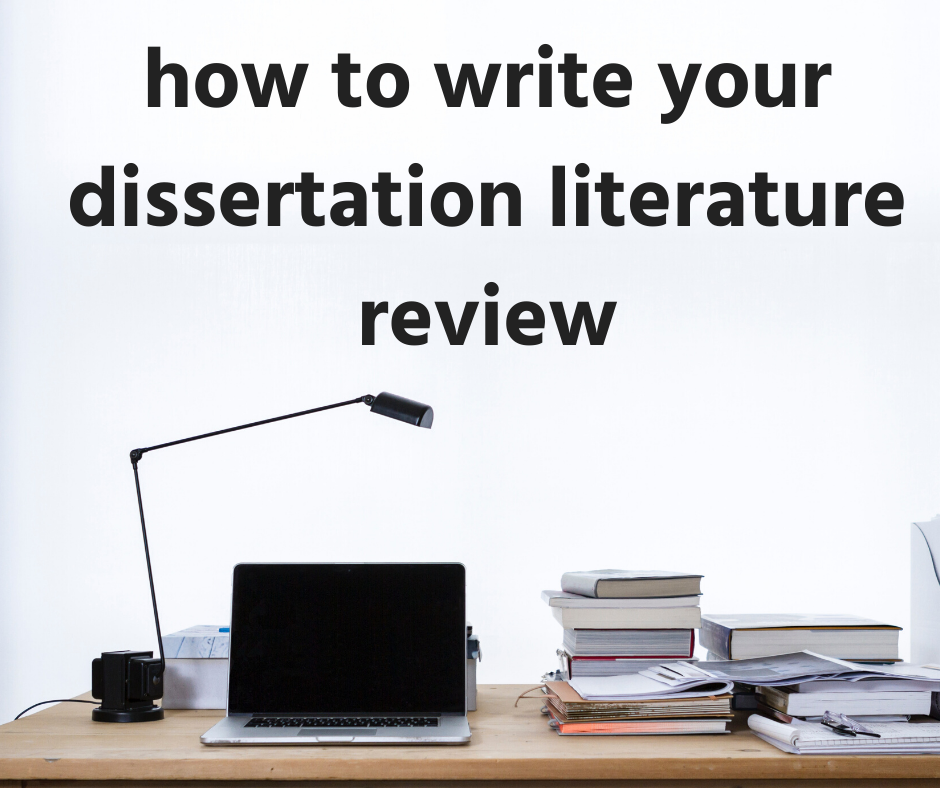
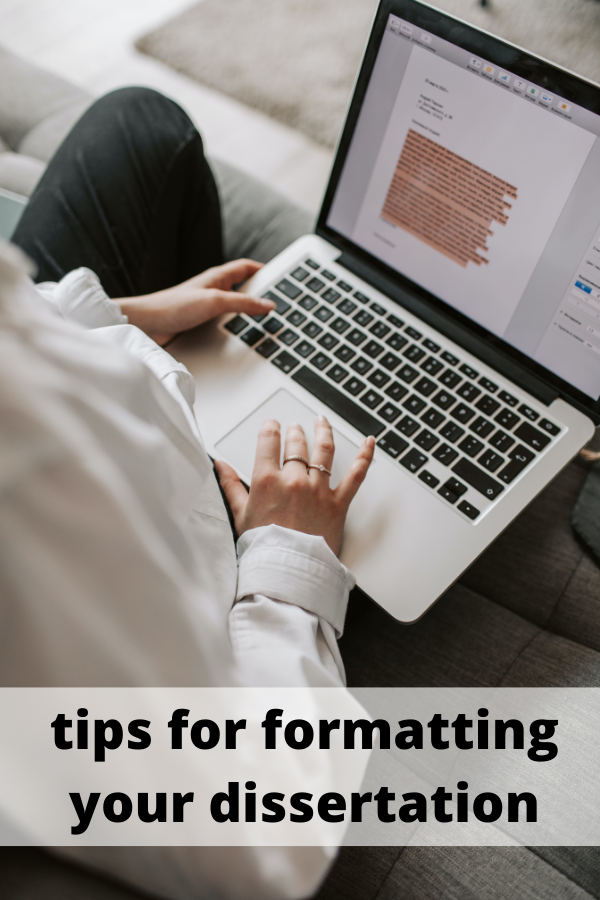
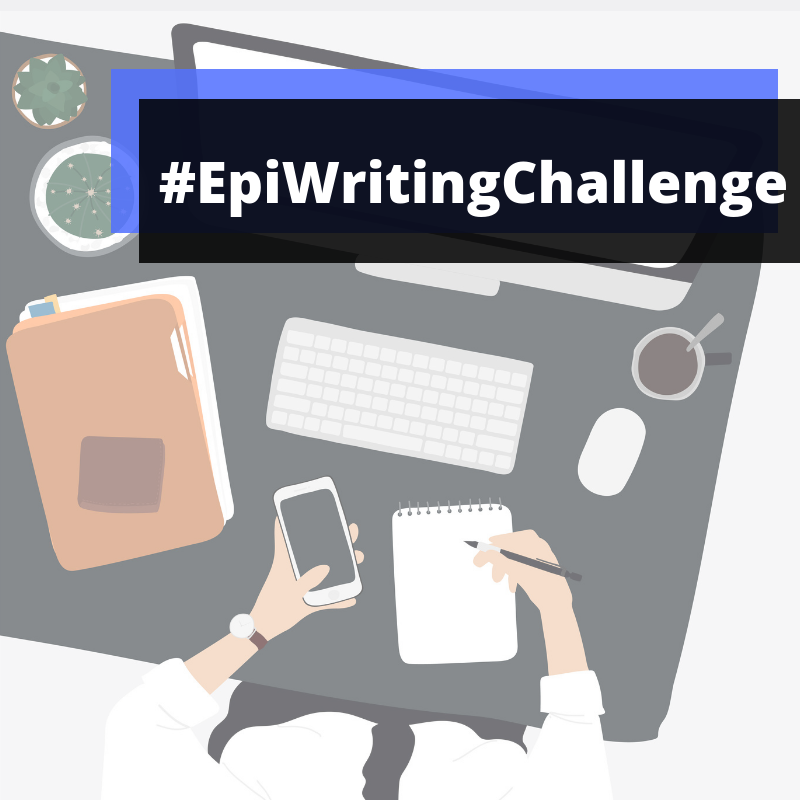

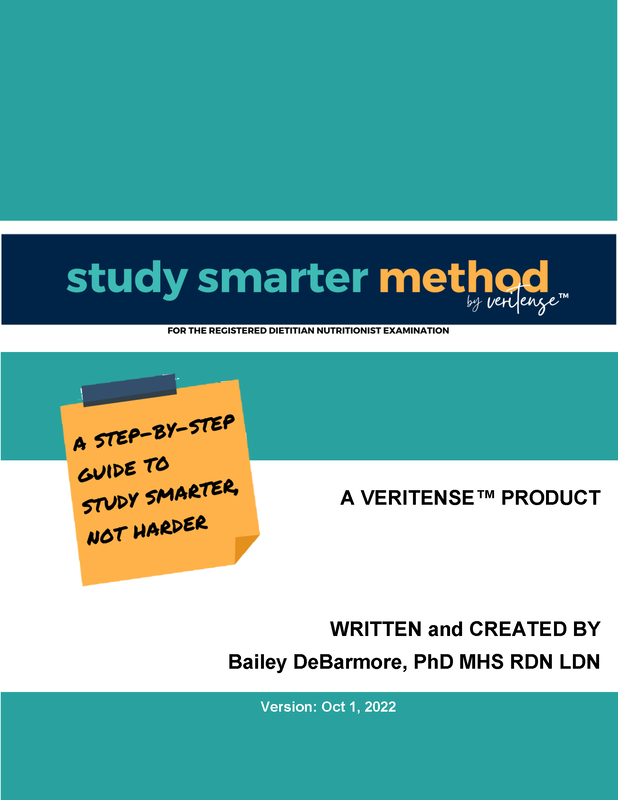

 RSS Feed
RSS Feed